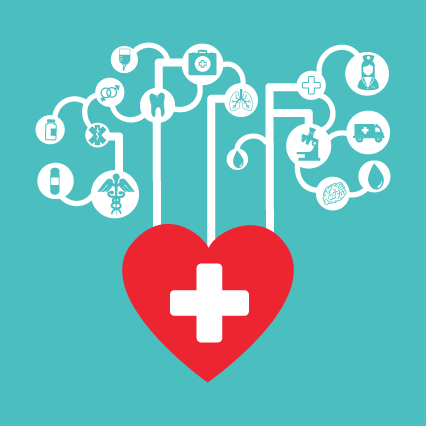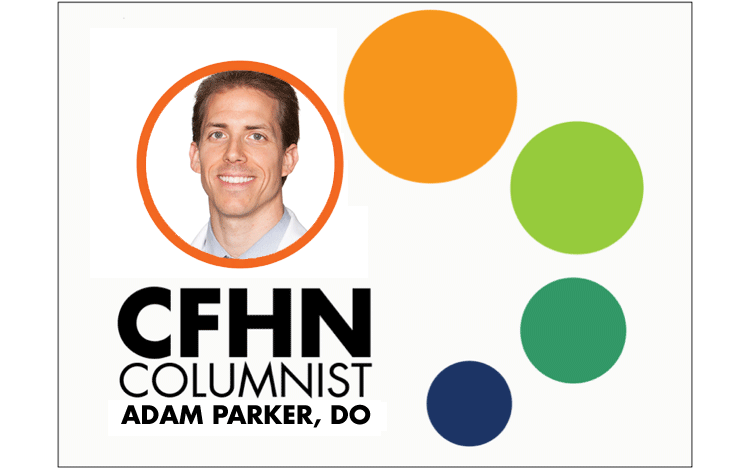
Health News
Features
-
Bringing hunger awareness to the table
The staggering facts on food insecurity among our fellow neighbors September and Hunger Awareness Month is especially important in Polk County, where food scarcity plagues nearly 17.9 percent of the population.
-
Davenport teacher named NFL Play 60 champion
Changing the way kids think about physical education and their health Susan Searls, a physical education teacher at Davenport School of the Arts (DSA), was recently named an NFL PLAY 60 FITNESSGRAM project champion along with 24 other teachers and faculty members from schools around the United States.
-
Pop Quiz: Are you a ‘good’ patient?
Find Out if You Make the Grade, and Learn Some Tips along the Way It’s not easy being hurt, sick or suffering from a long-term disease or condition, but achieving optimal health can be even more elusive if you believe in the erroneous Good Patient Syndrome. With this syndrome, you may think it’s bad manners…
Columns
-
Family Health: Watch for these pneumonia symptoms
THE FLU is especially common during the winter months and can be a dangerous illness, especially for young children and older adults. It is extremely important to be aware of the flu’s potential progression into pneumonia and how to recognize pneumonia symptoms. Especially for those 65 and older, pneumonia cases tend to be more severe,…
-
Mental Health Moment: Recognize and avoid narcissistic abuse
NARCISSISTIC ABUSE is one of the most prevalent reasons people seek counseling. Because we live in a society that has an underpinning of encouraging narcissistic traits in the form of selfies and social media posts, it can be easy to confuse what a narcissist is (or what to do about it) if you have one…
-
Health Facts: Break an old habit for the new year
RARELY DO WE have the chance to start over, but when it comes to health, every year presents an opportunity to make a positive change. Health, as defined by the World Health Organization, is a state of complete physical, mental, and social well-being and not merely the absence of disease or infirmity. With that in…




